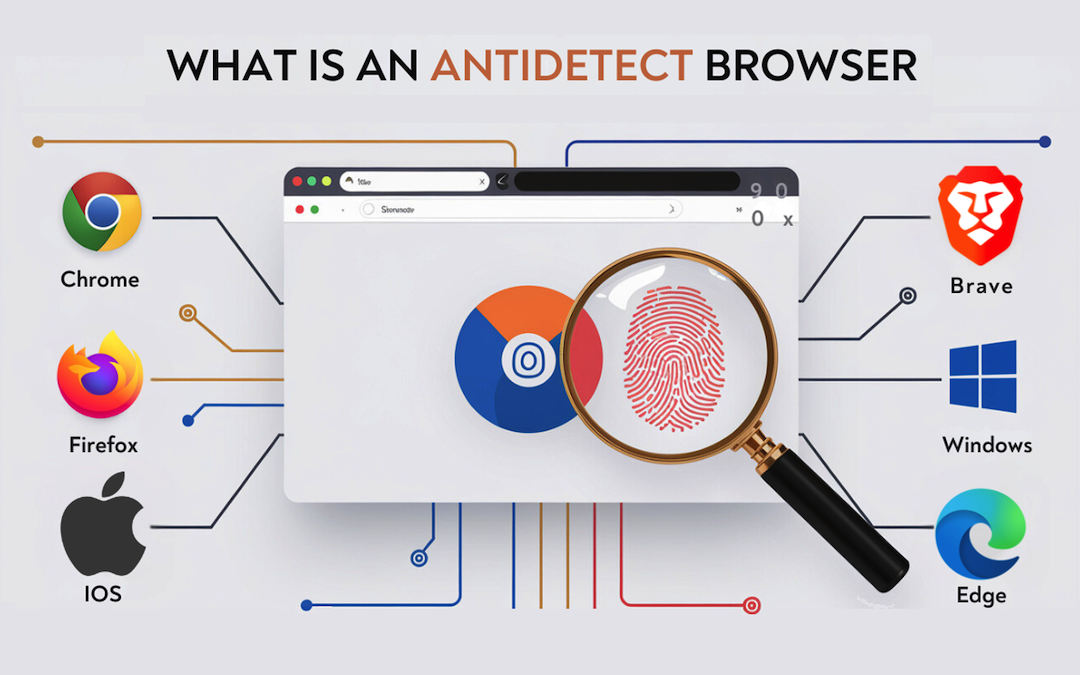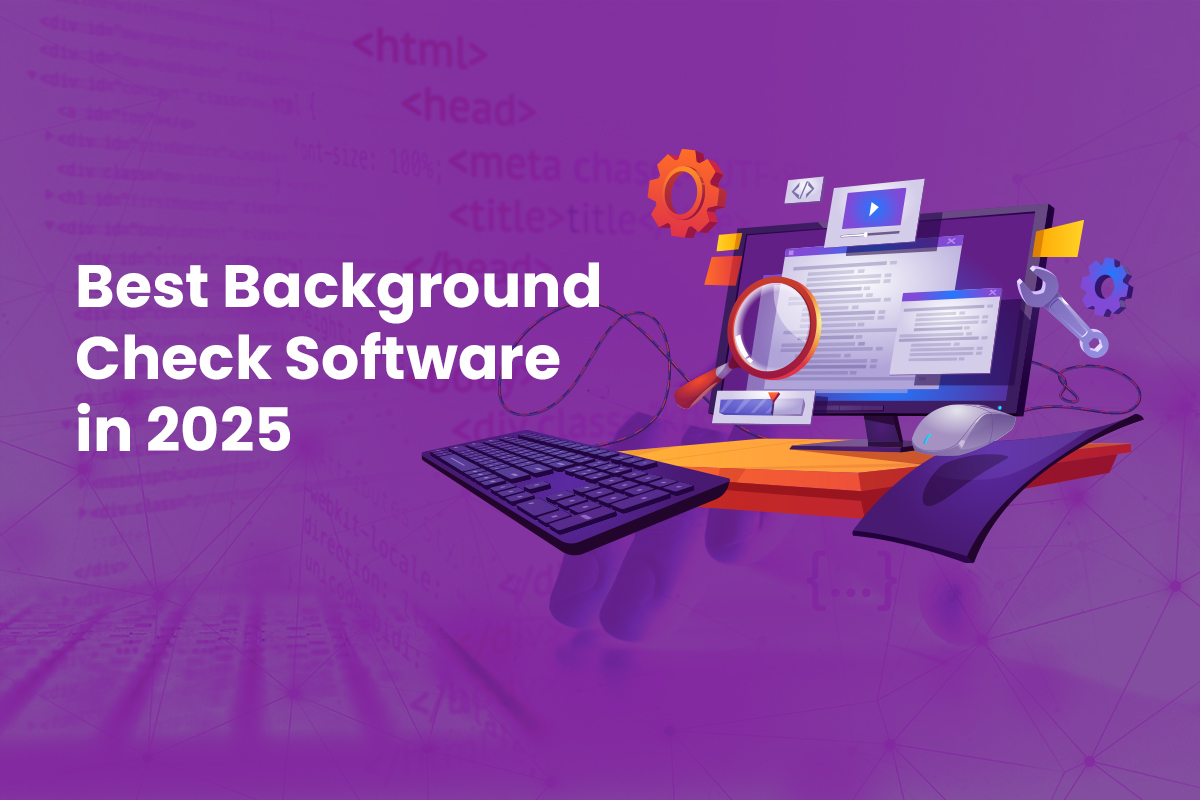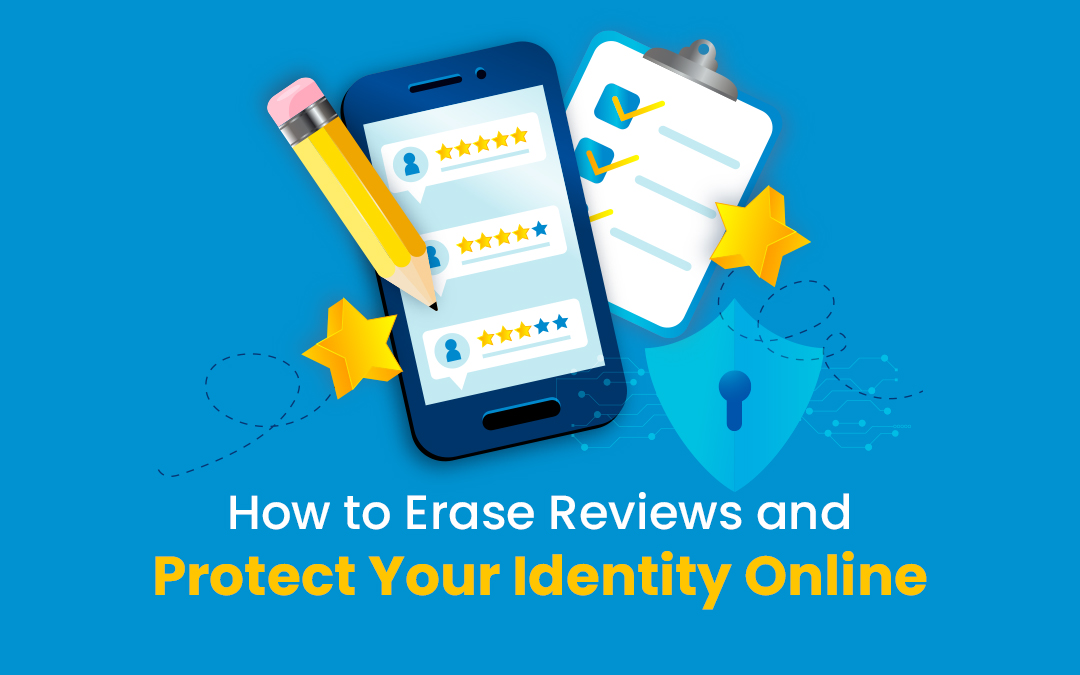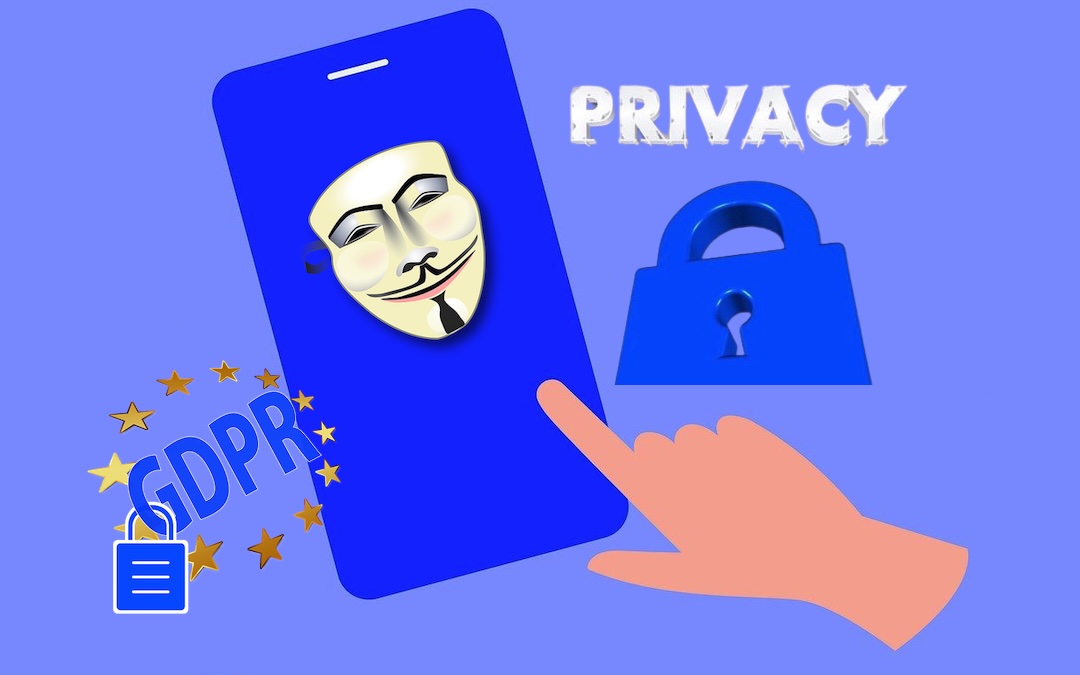
People do many activities online, such as shopping, banking, and social networking. Therefore, it is crucial to protect personal information from falling into the wrong hands. This is because your personal information is worth a lot on the dark web. Hackers use it to steal your identity, steal your finances, and even damage your reputation. That is why anti-detect browsers were invented to protect against data theft, the best of which is chameleonmode.com. What is exactly an anti-detect browser, and why is it important to have one in 2024? Read the guide to learn more about this tool and its role for internet users.










